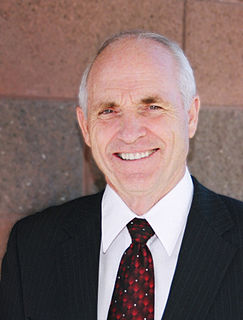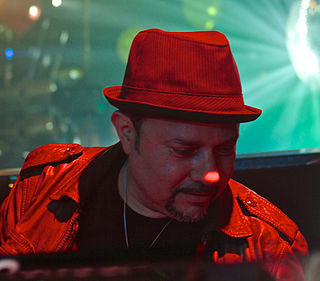A Quote by Edgar Mitchell
The best experience that we have on Earth is the fact that we have scientific stations, weathering over stations down in the Antarctic for almost the entire 20th century to learn how to exist in exceedingly hazardous conditions; and the Moon is far more hazardous than Antarctica. At least they have water there.
Related Quotes
There is what might be called a Catch-22 of hazardous occupations: The more hazardous the job, the more men; the more men, the less we care about making the job safer. The Catch-22 of hazardous occupations creates a 'glass cellar' which few women wish to enter. Women are alienated not just out of the fear of being hurt on the job, but by an atmosphere that can make a hazardous job more hazardous than it needs to be.
Some 3 million years ago, when the earth was a little more than 3°C warmer than preindustrial levels (about 2.2°C warmer than today), Antarctica had far less ice and sea levels were a stunning 25 meters higher than today. If we stay on our current emissions path, the planet will almost certainly be that warm by the century's end.
If you go to go to countries in Europe or Asia or even Canada, even with all the Internet and cable TV and satellite, public systems tend to be the most popular stations in the countries. In some countries like Norway and Germany, public stations are, if anything, more popular than ever as people see what Rupert Murdoch's got in store for them in the commercial stations.
For over a half century now I've watched office obesity develop into a full-blown, crippling disease. As our office clutter mounts, we're ever more intimidated and frustrated by it. We engineer drainage and removal of water and liquid wastes from society to prevent hazardous buildup, but the effluent that pours into our offices-paper-is never flushed out.
I was really interested in 20th century communalism and alternative communities, the boom of communes in the 60s and 70s. That led me back to the 19th century. I was shocked to find what I would describe as far more utopian ideas in the 19th century than in the 20th century. Not only were the ideas so extreme, but surprising people were adopting them.
The longer I am in this work, the more I realize that intellectual struggles are merely the hazardous waste of life, blocking the heart from truth. The task of apologetics is to carefully remove that hazardous material and keep it from igniting into a destructive fire. Once that is done, the way to the heart is always through the way of the Cross, God’s love for each and every one of us.

































